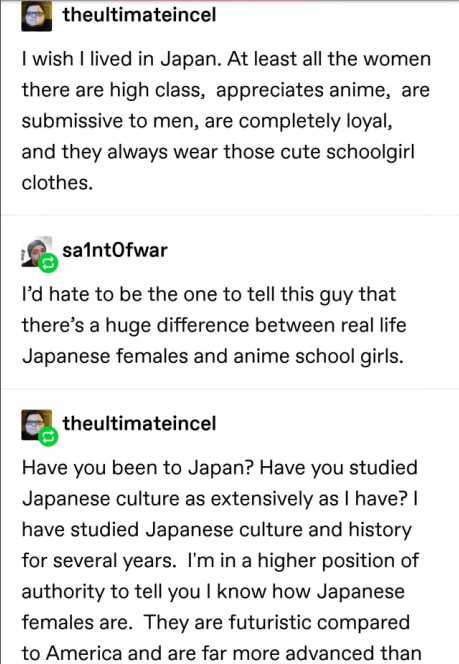
Why is Japan the fantasy for the socially awkward? Why does its culture, its media, and its women receive so much attention from some online men?
Since I’ve began to study Japan and the online social groups surrounding it, I’ve pondered these questions. I’ve wondered why generalizations and objectifications and misconceptions proliferate (Look at those Latinized words in that sentence. Yuck!). For example, consider the misconceived idea (as you see above) that Japanese women are submissive, loyal, appreciate anime, and “always dress in cute schoolgirl clothes.” Usually such claims are made by those who believe they are “in a higher position of authority to tell you” how things are because they’ve studied Japanese culture or watch hundreds of hours of anime or something of the sort. Often these men (I will focus on men since I am a guy. I leave the women for female writers) hold grudges against women–who are not Japanese. Nice guys (men who do nice things, expecting relationships or something in return), neckbeards, and weeaboo, have been hurt in the past, making them carry a distorted view of women. That distorted view can grab onto the fantasy of Japanese women peddled online and within Japanese media. Of course, not all women in Japanese media fall into this. However, it’s easy enough to find anime characters and live-action characters that validate the stereotype. Of course, pornography also sells this fantasy. Pornography stereotypes women of all ethnicities.
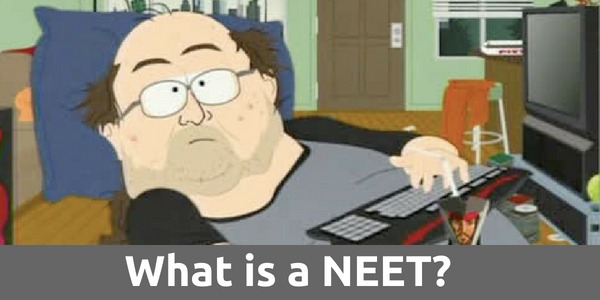
Confirmation bias is alive and well online, which lends support for perceived authority our example claims. This sense of authority also can be explained by the Dunning-Kruger Effect: the least competent people tend to be the most confident in their abilities. The least knowledgeable about Japanese culture are the most confident in their knowledge. They don’t try to check themselves by seeking sources that contradict their ideas, or allow others to correct their mistaken ideas. In the case of our quotation, simply speaking with a Japanese woman would provide enough contrary evidence. My female Japanese friends are far from being submissive! It’s best to doubt what you think you know. In anime, we have plenty of examples of female characters acting in commanding ways. After all, anime girls often hit or kick male characters who overstep their boundaries rather than submissively accept their advances. Likewise, Japanese history has many strong women, such as Kitanomandokoro, the wife of the Shogun Hideyoshi. During the Heian period, women owned property. Of course, Japan’s history also has eras where women were treated as property. Latching onto female submissiveness in Japanese history is a result of confirmation bias. These men want Japanese women to be submissive. It gives these men the fantasy of “having a chance” with her.
These subgroups buy into the fantasy the Japanese government sells to the rest of the world. The Cool Japan initiative plays into the attraction of its media. It creates an environment that self-reinforces, an echo chamber. After all, the Cool Japan initiative creates demand across sectors beyond anime and manga. Again, pornography comes to mind, but tourism and Japanese products also benefit. Japan media culture, like American media culture, has a strong element of sexualization running through it, such as this Japanese ad by American Apparel:

If you look again at the screenshot of the conversation, the incel writer claims superior authority and knowledge. The idea is to set himself apart from casual people, to create a sense of superiority. In the West’s past, Japanese culture was obscure: the realm of scholars and folklorists. But today, Japanese culture is understood by many people. Perhaps not in depth, but it’s not like Japan is an unreachable culture anymore. Anime is mainstream now, especially if you count Pokemon and films like Your Name. The idea of expertise that sets someone apart from casual consumers can be seen in other media areas too, such as Star Trek and Star Wars and in sports. I’m sure you know a hardcore sports fan who sees themselves as a true fan compared to more casual fans. People like to use their knowledge to set themselves apart from others; ego requires validation. The more wide-spread a media culture, like American football, is, the more the hardcore fan relies on so-called superior knowledge. Japanese media is accessible–widely accessible with streaming services–but it retains its Japanese “strangeness.” This is one reason why the dub vs sub debate still rages. Subtitles and Japanese sound tracks add another layer of complexity that shuts some people out. This allows the more hardcore fans to claim superiority.
Here’s another example of a person who lacks social consideration and who is attracted to anime:
Today, I was in the mess decks downloading and saving movies and anime that my wife sent me before we get underway. He walks by and sees I’m downloading some classic anime like “Outlaw Star”, “s-Cry-Ed”, and “Yu Yu Hakusho.” He then goes on a tirade about me not knowing “good” anime and he can show me good ones. I ignore him. He then notices a folder titled “Nasties” and inquires about it. I tell him it isn’t his business. He puts two and two together and blurts out loud that they are X-rated files. He then asks if I could share the files with him. I tell him no because they’re of a specific person. He then says, “your wife?” I say yes. I get up to go get some water which is only a few feet away (I know, my mistake). I turn around to find this man on my computer clicking on the folder. He then has the audacity to say slimy things about her and if he could get some of the pictures/videos. I lost my shit and picked him up and slammed him against the bulkhead (Navy word for wall). I cursed him out, telling him everything wrong with him and his life. Other shipmates tried to pull me off of him saying it wasn’t worth it, but I was too upset. I decided to humiliate him by telling everyone what led to this situation. Still, they told me it isn’t worth messing up my career. I have a fantastic reputation and trying to become an Officer. I let him go, and everyone present was dressing Agent 94 down. He scrambled out of there. Right now I’m waiting for his supervisor as well as a SAPR representative to tell them about his behavior.
If you want to read the complete account go to https://www.reddit.com/r/neckbeardstories/comments/o6r19g/navy_neckbeard/
Anime gets a fair bit of attention because it still goes against the grain of American media. Adults (young and otherwise) watching animation! How immature. Animation is for kids or parents with kids. People were just as deep into Game of Thrones and Walking Dead as anime fans are with their shows. But because they are live action, it was more acceptable. People enjoyed talking about each episode and some assorted expertise because they read more of the novels or comics. Again, what we see inside of anime can be seen in many other areas.
So why does anime attract certain types of people?
- It is supported by the Japanese government, allowing large outreach.
- It allows for self-asserted expertise.
- It is accessible but still allows niche interest.
- It has an environment that feeds fantasy.
- Confirmation bias supports the fantasy and couples with the Dunning-Kruger Effect.
Of course, not all anime fans or people who study Japanese culture falls into the subgroups I’m addressing here. Likewise, anime and Japanese culture are not unique in having these subgroups.
I’m sympathetic toward men who fall into the incel, nice guy, weeaboo, and other subgroups. Many chose to enter these online groups because they shared similar difficult experiences with relationships: romantic and friendships. In the above example from the Navy officer, much of the problem comes from a lack of social skills and social boundaries, such as a lack of respect for privacy. Fantasy–and in the cases of incels, anger–offers an escape. Relationships and life can be hard, granite-hard, for the softhearted. That’s why many men cling to the idea that Japanese women are submissive and like anime. It gives them a little hope. It’s not healthy, but it is a hope. Anime and Japanese culture and media attracts those who want a fun escape from reality. Who hasn’t wanted to go into a different, more appealing world? However, anime’s association with incels and the like doesn’t do it favors. Their perspectives are not healthy or helpful. Their claims to authority after “studying Japanese history for years” hurts the perception of scholarship, armchair or professional, among the general population. Good scholars know they have a lot to learn and expertise is a moving goalpost. Discovery is more fun than knowing.
I don’t have any sources to support this article. I’ve pondered the whys for sometime and this is what I concluded so far. What are your thoughts and observations? Internet culture teems with subgroups with unhealthy views. Japanese culture, anime, and manga carries a special status online–propagated by the fans and by writers like me. And by the Japanese government. Sometimes there is no specific why behind how ideas, industries, and associations develop. Rather, they develop as a confluence of factors that feed back until there is no single cause. This confluence is at work with these misinformed ideas of Japanese culture and Japanese women.
Fortunately, the majority of male anime fans aren’t socially awkward. I know some cool people who are anime fans: they are well-dressed, successful businessmen and family men. Anime helps them bond with their kids. So don’t allow the minority to determine your perspective of the anime community.
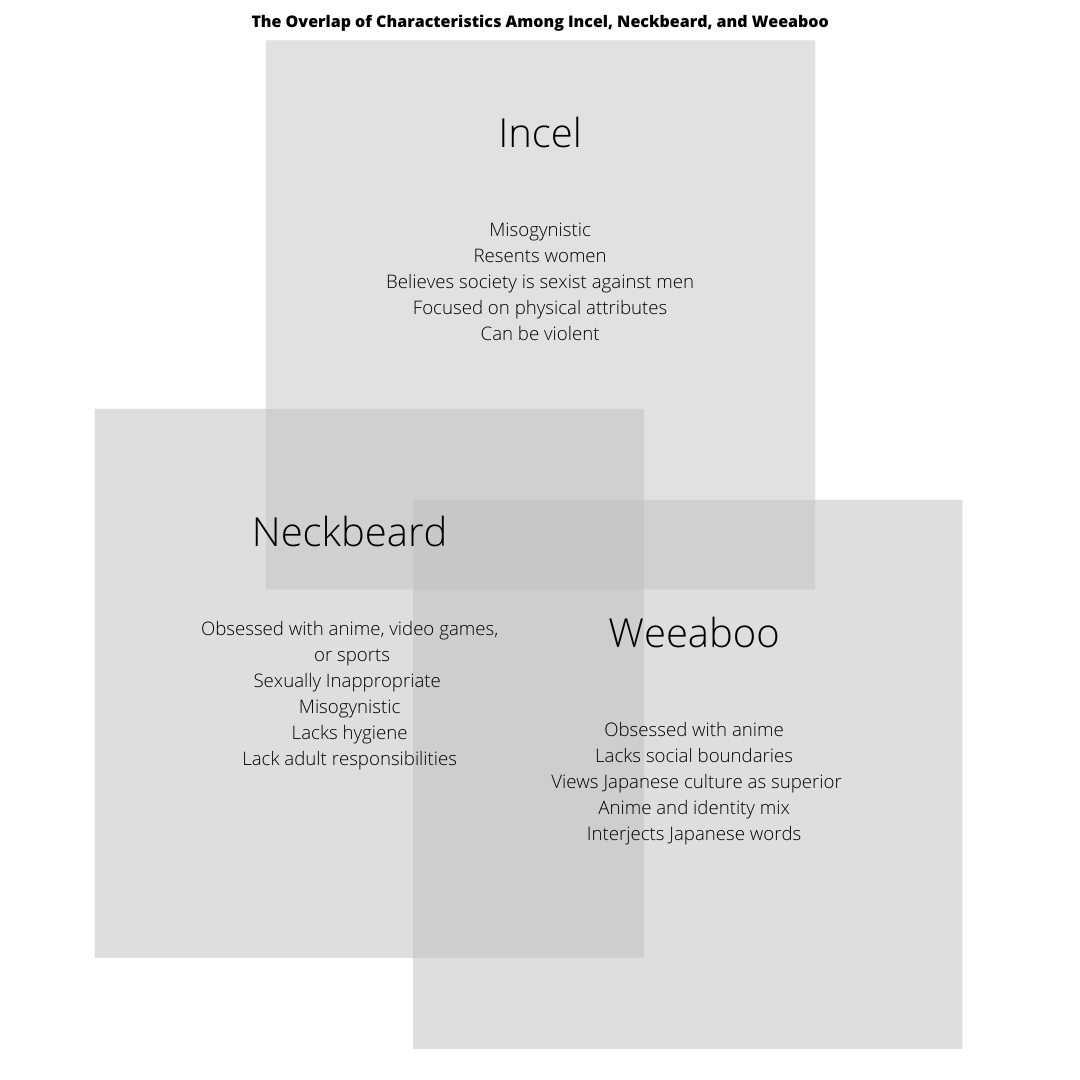
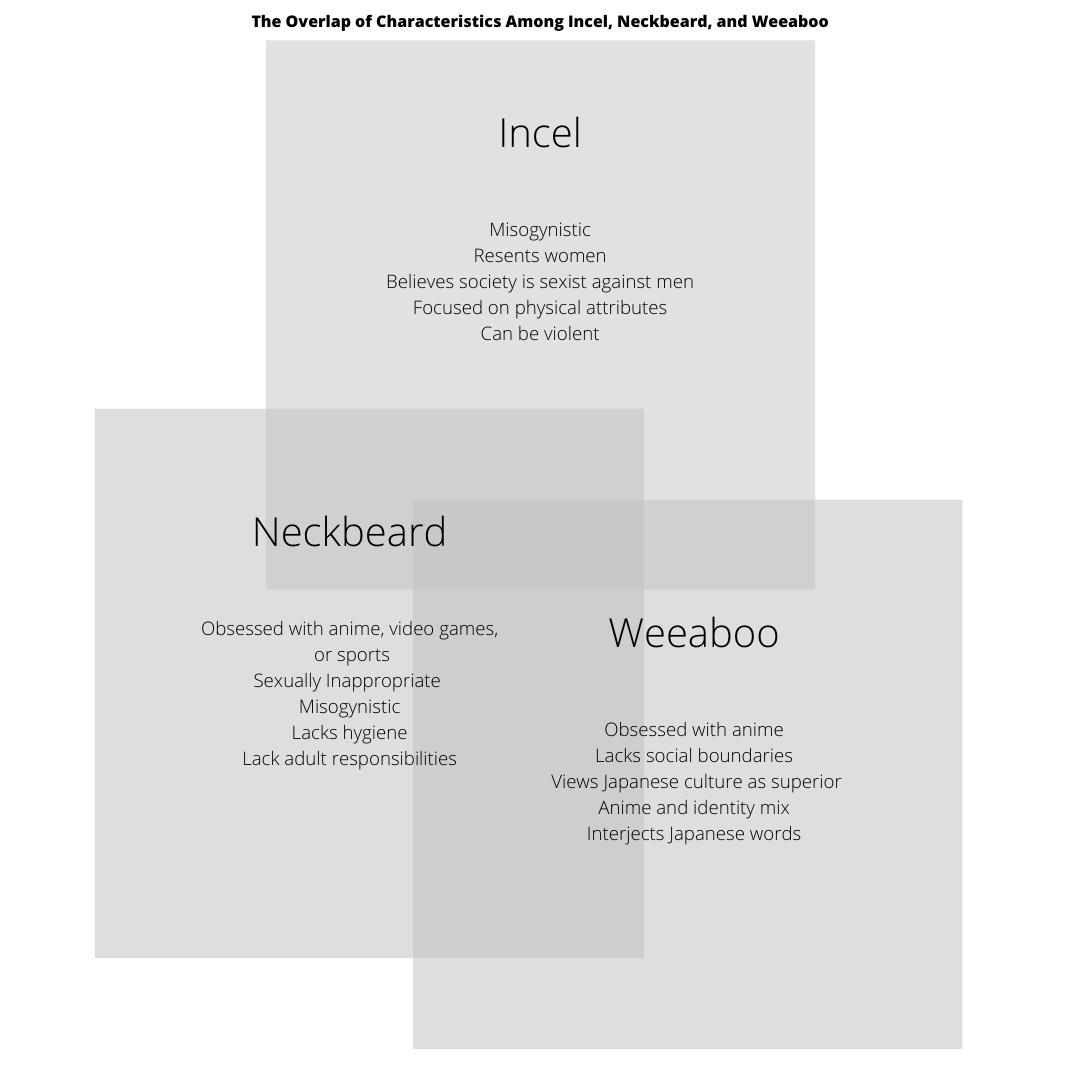
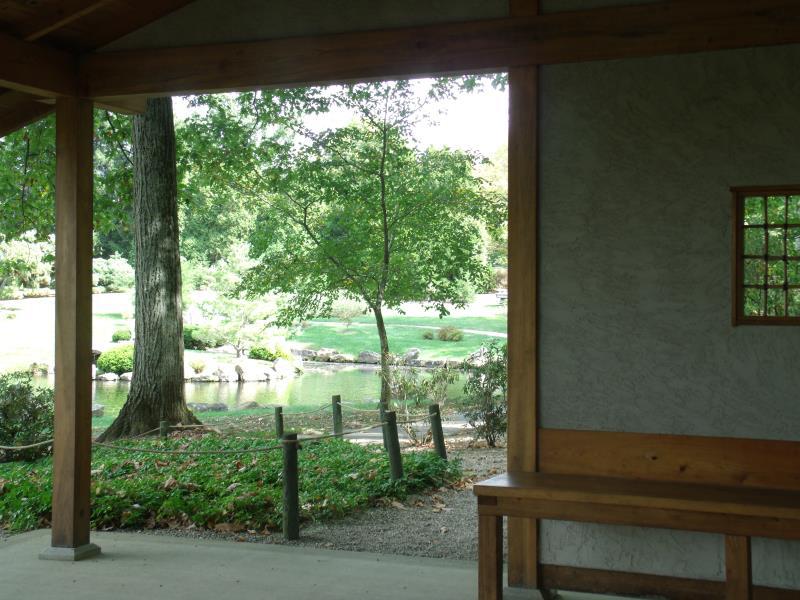

Compared to the US, Japan does host some odd attitudes, or at least approaches to sex and to the portrayal of females. I’m certainly no expert on manga, but it has emerged as an alternative venue to what were once some rather strict laws regarding pornography. Since depictions of genitalia or intercourse were very strictly forbidden (at least outside of fertility shrines), graphic arts alternatives long ago appeared. Hence, everything from ancient octopus sex scrolls to more recent “tentacle porn” as a way to skirt restrictive laws. Personally, I think much of the infantilized, “kawaii” depiction of women (as well as boys) feeds on some marginal instincts. But this doesn’t give much insight into the actual psyche of Japanese women.
“Love” and sex are indeed approached with a somewhat different set of values in Japan… a topic worthy of an entire article. Where the moral restrictions emerging from Western religious beliefs define much in the US, Buddhism and Shinto have little to say beyond the maintenance of harmony. So there isn’t the same “shame” or “guilt” factor associated with sex, hence things like college girls doing stints as prostitutes, their paying salaryman customers, or the occasional FWB post from a bored housewife. But this hardly represents a “passive” female approach to sexuality. In fact, I suspect that many Americans who’ve decided what Japanese women are like from manga and pop-culture might be sincerely surprised by the reality.
It comes down to lack of understanding and exposure of real Japanese women and generalization. Japanese women aren’t a monolithic population. They are individuals with some cultural patterns in behavior. Anime feeds a fantasy that can distort expectations. Many people seem to have problems defining the boundary between reality and fantasy. I suspect this will only get worse as augmented reality and virtual reality gain in popularity.
Indeed, contemporary Japanese women are no more of a “monolithic population” than are “American” women. And I agree that the general perspective of most American males who haven’t been to Japan and interacted socially is based mostly in fantasy. Want to impress a Japanese girl, probably best to learn the local manners… and shave the neck beard. 😉
It still amazes me just how much my Japanese friends dislike beards.